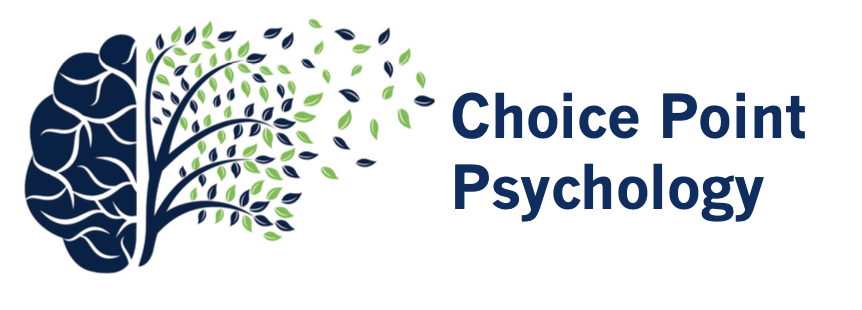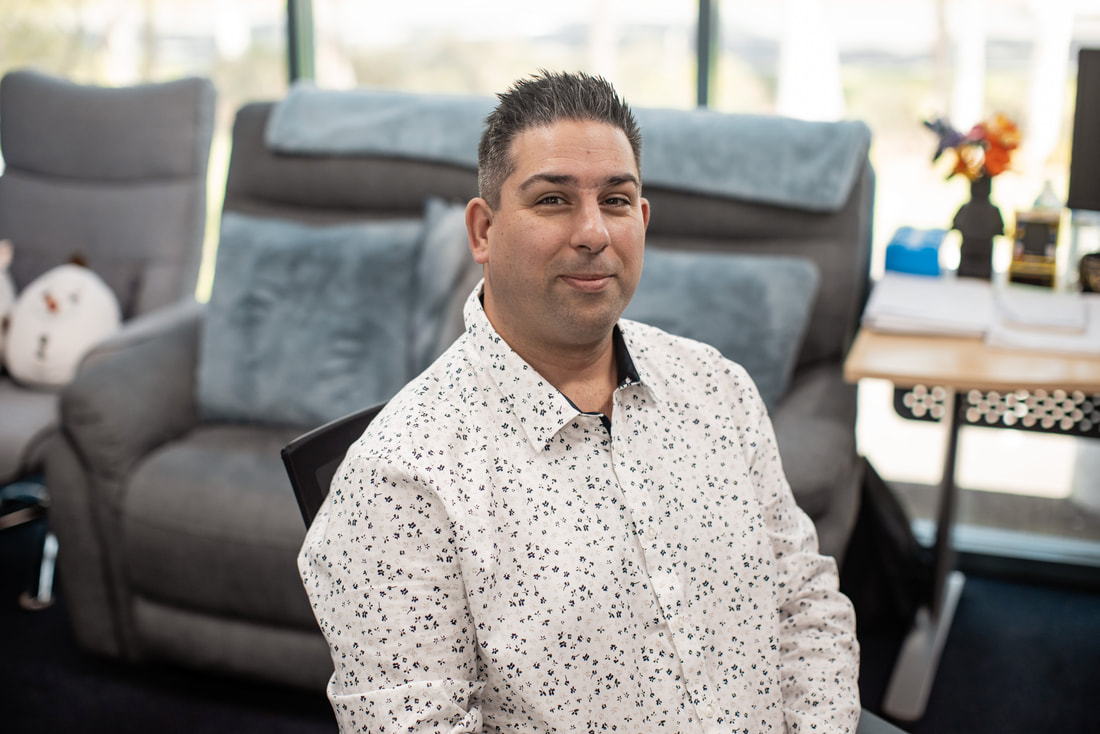About the author — Dr Nicholas HarrisDr Nicholas Harris is a clinical psychologist at Choice Point Psychology and an academic at the University of Newcastle. He provides neurodiversity-affirming cognitive, ADHD and autism assessments, and evidence-based psychological therapy for children, adolescents and adults. Nicholas has lectured in areas such as social psychology, clinical psychology, personality, research methods, statistics, psychological assessment, organisational psychology and has been an invited speaker at several local, national and international conferences. Nicholas focuses on translating research into practical strategies and works closely with families, schools and GPs to support meaningful change in everyday life. Learn more on our Meet our Team page. |
When Rattlers Meet Eagles: What Sibling Rivalry and Office Politics Can Teach Us About Teamwork18/9/2025
From Competition to Connection: What the Research SaysSherif's work showed us something vital: conflict often comes from competition and “us vs. them” thinking. But when groups are given shared goals that require cooperation, attitudes shift dramatically. Later research expanded this with two key ideas:
How Choice Point Psychology Can HelpAt Choice Point Psychology, we know these challenges can sometimes feel overwhelming.
If you or your family could use support, contact us to inquire about our services. Comments are closed.
|
|






